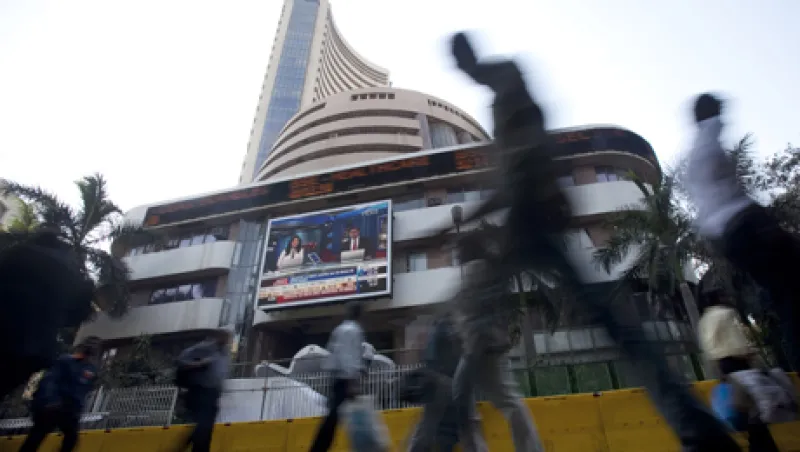Widespread political corruption and partisan gridlock have sidelined long-overdue market-reform legislation and dampened investor enthusiasm for Indian equities, helping to drive the Bombay Stock Exchange’s benchmark sensitive index down by about 25 percent last year.
India’s Parliament lost more than one third of its 2011 time in sessions to adjournments and disruptions. In November a proposal to expand foreign direct investment into the retail sector prompted a nine-day walkout by opponents on both the far left and the far right of India’s ruling coalition. And lawmakers have yet to approve the Companies Bill, an update of a 1956 act that would elevate corporate governance standards and increase investor protections; the revision has been in the works since 2008. Scores of other regulatory proposals — affecting education, land acquisition, mining, pensions and more — remain in legislative limbo.
“If the political leadership had its eyes on the ball, they could have reached out to the opposition in a more constructive manner and reached consensus on some issues,” believes Anirudha Dutta, head of India research at CLSA-Asia Pacific Markets.
“The government has to start managing the country in a better way,” agrees Sanjeev Prasad, executive director and co-head of institutional equities at Kotak Securities.
Doing so would certainly boost confidence in India’s markets, whose disappointing performance stands in sharp contrast to the country’s still-robust real gross domestic product growth rate — 7.2 percent in 2011 and a projected 6.9 percent this year, according to the International Monetary Fund. The agency in April scaled back its earlier forecast of 7 percent on the grounds that “concerns about governance and slow project approvals by the government have weakened business sentiment, which in turn has adversely affected investment, along with cyclical factors such as global uncertainty and policy tightening.”
Such an environment can be fertile ground for stock pickers, however. “The theme that we were focused on all of last year and even the first quarter of 2012 was essentially stock picking,” affirms Ridham Desai, head of Indian equities research at Morgan Stanley. “The opportunities at the individual stock level have been very good.”
To avail themselves of those opportunities, money managers need guidance from analysts who know the companies and the country well. They credit two firms, CLSA and Morgan Stanley, with publishing the best research on Indian equities. For CLSA the victory marks a second straight year at No. 1 on the All-India Research Team, Institutional Investor’s annual ranking of the country’s leading sell-side analysts. For Morgan Stanley it reflects a stunning leap from fifth place last year. These firms capture ten positions each: CLSA’s total is down by five, while Morgan Stanley’s is up by two.
Citi also picks up two positions, for a total of nine; that’s enough to propel the firm from No. 6 to No. 3. Bank of America Merrill Lynch and J.P. Morgan tie for fourth place, with eight positions each.
Kotak Securities and Credit Suisse, which tied for second place last year, tumble together to No. 6. Each loses three positions, leaving it with seven. Kotak, the highest-ranked India-based institution last year and this, boasts the most first-place finishes, with four; that’s at least twice as many as any other firm. In fact, when team positions are weighted by place awarded, Kotak lands at No. 1 overall. For more information click on Weighting the Results in the navigation table to the right.
Survey results reflect the opinions of roughly 540 analysts and portfolio managers at more than 300 buy-side institutions managing an estimated $150 billion in Indian equities.






